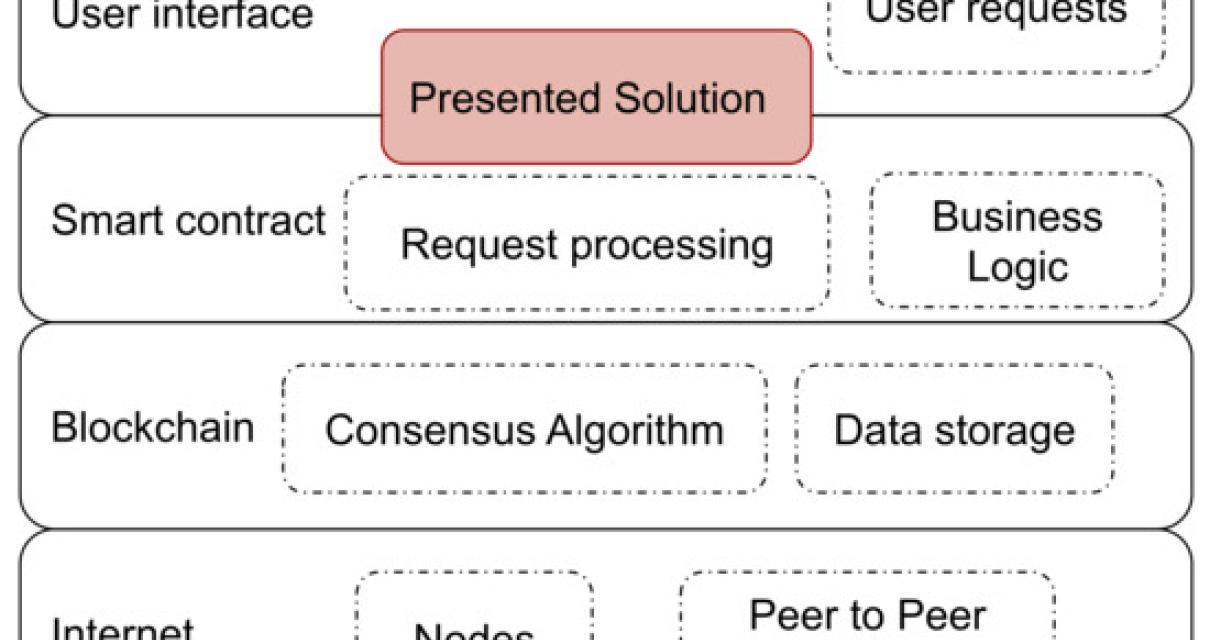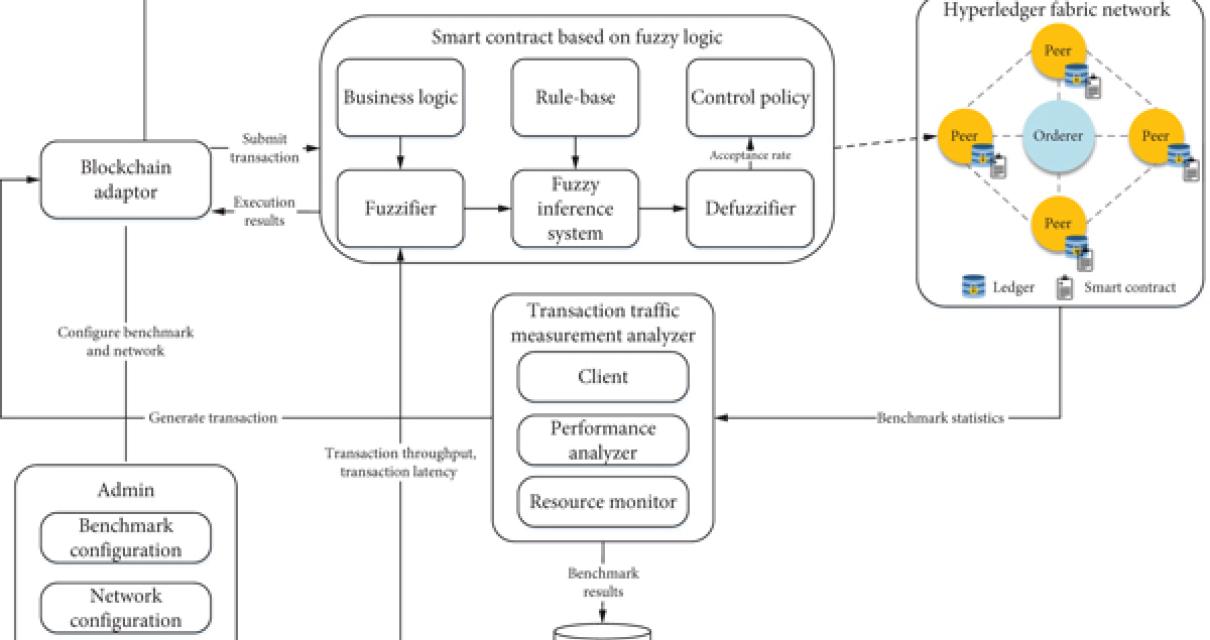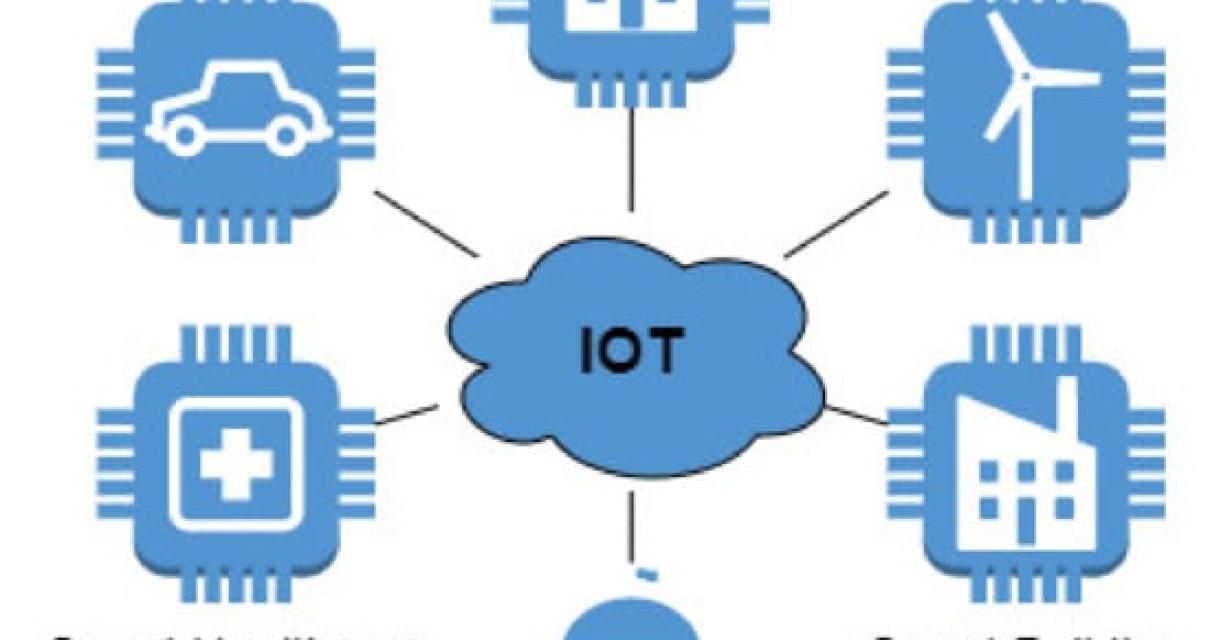The Business Logic of Blockchain
The business logic of blockchain is the mechanism that determines how the blockchain operates. The business logic of a blockchain is designed to ensure the integrity of the data and to ensure that transactions are secure.
The business logic of a blockchain is based on the principles of cryptography and distributed consensus. Cryptography is used to secure the data on a blockchain, while distributed consensus ensures that the data on a blockchain is accurate.
The business logic of a blockchain is designed to ensure that each node in a blockchain network is aware of the current state of the blockchain. This ensures that each node can verify the accuracy of the data on a blockchain.
What is a Blockchain?
A blockchain is a public ledger of all cryptocurrency transactions. It is constantly growing as “completed” blocks are added to it with a new set of recordings. Each block contains a cryptographic hash of the previous block, a timestamp, and transaction data. Bitcoin nodes use the block chain to distinguish legitimate Bitcoin transactions from attempts to re-spend coins that have already been spent elsewhere.

The Benefits of Blockchain
Technology
The potential benefits of blockchain technology are vast and include improving transparency and security, reducing costs, and enhancing trust. Here are five of the most significant benefits of blockchain technology:
1. Increased Transparency and Security
One of the chief benefits of blockchain technology is its ability to increase transparency and security. Because blockchain is a distributed ledger, it allows participants to track transactions and assets more accurately and securely than was possible previously. This enhances trust between parties, as well as their ability to conduct business transactions without the risk of fraud or theft.
2. Reduced Costs
The increased transparency and security associated with blockchain technology can also reduce costs associated with various business transactions. For example, by reducing the need for intermediaries such as banks, blockchain can save businesses money on fees and commissions. Additionally, by eliminating the need for third-party verification, blockchain can reduce the time and cost required to complete a transaction.
3. enhanced Trust
Another benefit of blockchain technology is its ability to enhance trust between parties. Because blockchain is a transparent and secure system, it can reduce the risk of fraud and theft. This enhances the ability of businesses to conduct transactions with confidence, leading to increased efficiency and productivity.
4. Increased Efficiency and Productivity
In addition to enhancing trust, blockchain technology can also lead to increased efficiency and productivity in business transactions. For example, by eliminating the need for third-party verification, blockchain can dramatically reduce the time and cost required to complete a transaction. This can lead to a significant increase in the speed and accuracy of business operations.
5. Increased Economic Value
Finally, blockchain technology has the potential to create increased economic value. For example, by reducing the costs associated with various business transactions, blockchain technology can lead to increased efficiency and productivity. This can lead to an increase in the overall value of businesses and assets.

The Future of Blockchain
Blockchain technology continues to grow in popularity and has the potential to revolutionize many industries. Here are four ways in which blockchain could impact business in the future.
1. Increased Transparency and Security
One of the biggest benefits of blockchain technology is its increased transparency and security. Because blockchain is a distributed database, it is hard to tamper with data. This makes it a trustworthy platform for recording transactions.
2. Increased Efficiencies
Another benefit of blockchain technology is its increased efficiencies. Because blockchain is a distributed database, it can reduce the time it takes to complete transactions. This can help businesses save money on costs such as transaction fees.
3. Increased Accessibility
One of the benefits of blockchain technology is its increased accessibility. Because blockchain is a digital platform, it can be used by anyone. This makes it a powerful tool for developing countries that lack access to traditional banking systems.
4. Increased Trust
One of the biggest benefits of blockchain technology is its increased trust. Because blockchain is a digital platform, people can trust it to be reliable. This can help businesses build trust with their customers.
How Does Blockchain Work?
A blockchain is a distributed database that allows for secure, transparent and tamper-proof transactions. Transactions are grouped together into blocks and then chained together using cryptography. Each block contains a cryptographic hash of the previous block, a timestamp and transaction data. Bitcoin and other cryptocurrencies use blockchain technology to power their transactions.
What is the Predefined Business Logic within a Blockchain Called?
The predefined business logic within a blockchain is called a smart contract. A smart contract is a computer code that facilitates, records, and executes the terms of a contract. When two parties enter into a contract, they can use a smart contract to automatically execute the terms of the contract.

What are Smart Contracts?
Smart contracts are computer protocols that facilitate, verify, and enforce the negotiation and performance of a contract. They allow two or more parties to exchange information and assets without the need for a third party. The term “smart” refers to the fact that these contracts can be automated, which allows them to run efficiently and securely.
The main benefits of using smart contracts are that they can reduce the cost and time associated with contract negotiation and performance, and they can be executed without the need for a third party. Additionally, smart contracts can help to ensure the accuracy and enforceability of a contract.